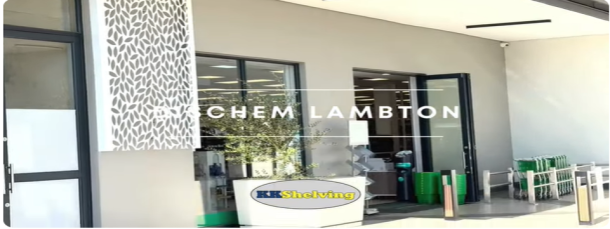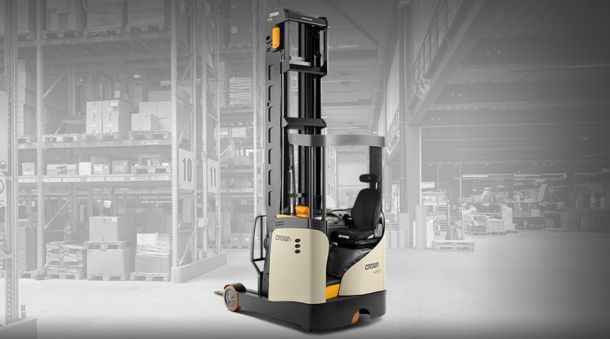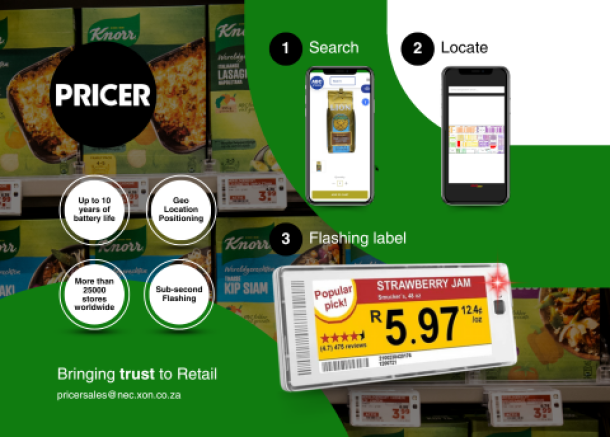
Embracing Technology and Innovation to Drive Sustainable Transformation in the Property Sector
In a world increasingly affected by climate change and its devastating consequences, business leaders across various industries are responsible for integrating sustainability goals into their operational systems.
The urgency of this transition was highlighted during COP27, the recent United Nations climate change conference held in Sharm el-Sheikh, Egypt. South Africa’s commitment to these global climate change goals has resulted in progressive steps such as carbon tax and the introduction of Energy Performance Certificates (EPCs), further underlining the need for a concerted shift towards sustainability. Moreover, the private property sector in the country has a pivotal role to play in this transition.
Practical operational circumstances, rather than policy frameworks alone, drive the need for sustainable transformation. In South Africa, challenges such as load shedding, increasing tariffs, water cuts, and the potential of a grid collapse emphasise the urgent need for businesses to consider sustainability measures. These are not distant realities but everyday challenges that directly impact a company's bottom line and operational continuity. Sustainable transformation, therefore, serves as a critical strategy for insulating businesses from these challenges, surpassing the simplistic view of being a 'green label' for regulatory or marketing purposes.
Transitioning from setting sustainability goals to taking actionable steps towards achieving them is a leap many companies struggle with. For example, artificial intelligence (AI) and machine learning (ML) can be used to meet sustainability goals by capturing data close to the source, analysing it in real time, and feeding it back to the data centre for strategic decision-making. This data-driven approach can guide companies in identifying the most impactful sustainability interventions, helping them optimise their efforts and resources. Coupled with smart metering technology, which tracks energy consumption, water usage, and waste generation, organisations can gain valuable insights into their building performance and environmental impact.
Additionally, renewable energy technologies, such as solar and wind power, have become accessible to more businesses both from implementation and price point perspectives. These technologies, coupled with a data-driven approach, can optimise the deployment of renewable energy resources. By evaluating factors like available space, irradiation of specific locations, impact on tariffs with changes to the load profile, and synchronisation with generators, businesses can implement a strategic and efficient renewable energy plan.
Moreover, green building materials and practices are gaining momentum in the property sector. Using environmentally friendly, energy-efficient, and recycled materials can significantly decrease a building's environmental impact, improve indoor air quality and occupant well-being.
However, the effective implementation of these strategies requires a solid foundation of data and control, further emphasising the importance of smart metering and AI-driven solutions. Intelligent building management systems (BMS), when integrated properly into building operations, can reduce energy consumption, and improve occupant comfort, contributing to a lower carbon footprint. These systems bring together various building functions like lighting, heating, ventilation, air conditioning (HVAC), security, and access control, into a centralised platform.
Achieving sustainability objectives is a long-term goal. However, investing in technologies like smart metering and data analytics, these are feasible. Importantly, translating detailed technical information in a way that is understandable to portfolio managers and building managers empowers teams to drive sustainability initiatives effectively. Sustainability transformation is not just about the use of high-end systems but about integrating these systems into everyday operations.
By Frikkie Malan, Chief Commercial Officer at Remote Metering Solutions
Related Articles

KK Shelving offers versatile shelving solutions

Transport Cooling Africa is proud to announce t...

The Good Life Show (JHB): ‘Two-for-One’ Tickets...

Celebrating 40 Years of Unparalleled Partnershi...


